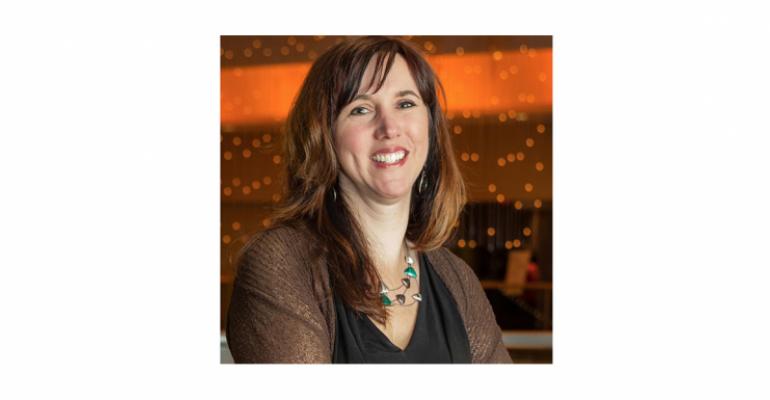The author of “Intentional Event Design, Our Professional Opportunity” and the head of events at the Society for Incentive Travel Excellence, Tahira Endean, CMP, DES, CED, sees some future benefits to changing up the meetings and events industry, and wider adoption of cold and flu avoidance measures from the past.
MeetingsNet: What changes do you think will happen to face-to-face events due to the pandemic?
Endean: The initial reaction of changing to virtual and hybrid meetings will become the new norm. I have been actively involved as an event designer/producer and audience member in hybrid events since 2010, and I think this is terrific as it allows more access to education and idea expansion.
I expect we will share fewer handshakes, hugs and "kiss-kiss" greetings. Instead we will greet each other with smiles, elbow bumps, and arm clasps. This is exactly what the Professional Convention Management Association has been advocating at its winter Convening Leaders meetings for several years, understanding it was hosting a large meeting in the heart of cold and flu season.
Hand sanitizers everywhere will be the new norm, and masks may become the new swag. We will see more spacing in seating and less rushing forward and crowding; overall more respect for space. Simpler events that focus on substance and human connection, versus decor and production, will force us to think about "edu-cor"—decor that has a message. New meeting environments will lead to dialogue, for example, comfortable seating and reasonable music levels. Production will support messaging using what we know about the science of how our brains respond to technological stimuli.
MeetingsNet: What do you hope won’t happen?
Endean: That fear takes over and travel remains at a standstill. That borders between countries will remain closed based on the pre-conceptions of specific leaders. That we allow anxiety to lead to inertia instead of encouraging helpful, open, human conversation.
MeetingsNet: What opportunities do you think the pandemic may present to the industry?
Endean: First, that governments wake up to travel as a multi-trillion-dollar industry that impacts many levels of society, and when it stops, it hurts the economy at a scale that is almost beyond comprehension.
For the industry, now is the time to increase our skills—so many organizations are allowing free or reduced-cost access to incredible education. Sustainability will remain at the forefront. It is a triple bottom line of people, planet, and profit. Now is the time to concentrate on thoughtful planning and respect for the destinations we choose, the people who attend, and the meetings and events business. My big wish is that we do a better job of creating clean water systems and distributing nutritious calories globally. If we look at data from places like worldsometer.info and see statistics that indicate there are slightly more obese people in the world than those who are undernourished and who die of malnutrition daily, how can we use the collective power of events to help change this? If we stopped serving bottled water and instead filled our own bottles using no-touch systems (like we have at many gyms) and distributed that clean bottled water to places that need it; if we gave up one coffee break and used that money to support organizations delivering food to areas of need ... could we change these numbers?





